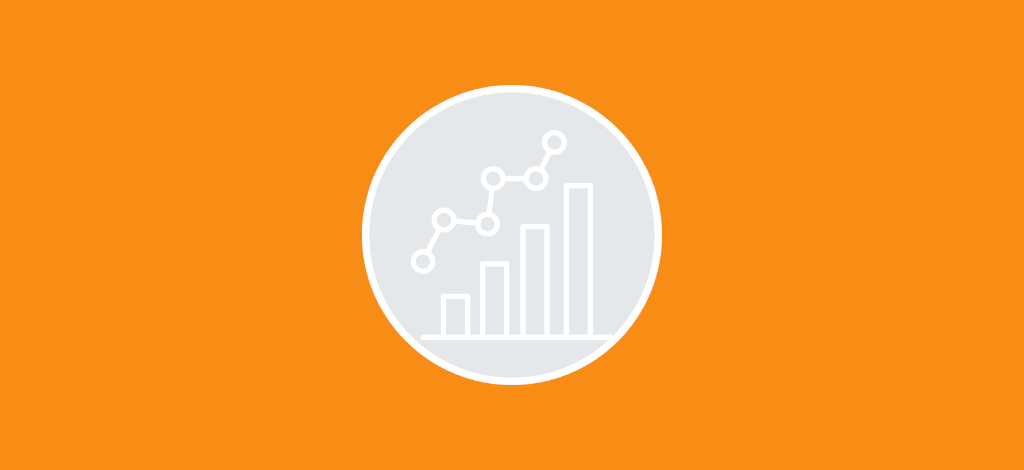
The Importance of Privacy in Web Analytics
Why all websites and apps need to be concerned about the privacy of their users
In an era where data is the new oil, the importance of privacy in web analytics cannot be overstated. As businesses and organizations increasingly rely on web analytics to gain insights and make informed decisions, the balance between data utility and user privacy becomes ever more critical.
It is also vitally important that organisations to take note and remember that privacy matters in web analytics and to find out they can navigate this complex landscape responsibly.
Understanding Web Analytics
Web analytics involves the collection, measurement, and analysis of web data to understand user behavior and optimize online experiences. From tracking page views and click-through rates to analyzing user journeys, web analytics provides valuable insights that can drive business growth and improve user satisfaction.
However, the data collected in web analytics may often include personal information, such as IP addresses, cookies, and browsing histories. This raises significant privacy concerns, as users may feel uncomfortable knowing that their online activities are being monitored and analyzed.
This organisation, can also be used for nefarious purposes by bad actor organisations, these organisations may also be engaged in collecting this information under the guise of providing you vital web analytic data.
The Privacy Challenge
Data Collection and Storage
One of the primary challenges in web analytics is the collection and storage of user data. Organizations must ensure that they are transparent about what data they collect, how it is used, and how it is protected. This involves clear communication through privacy policies and obtaining user consent where necessary.
Data Security
Once data is collected, ensuring its security is paramount. Organizations must implement robust security measures to protect user data from breaches and unauthorized access. This includes using encryption, secure data storage solutions, and regular security audits.
User Control
Giving users control over their data is another crucial aspect of privacy in web analytics. This means providing options for users to opt out of data collection, access their data, and request its deletion. Empowering users in this way helps build trust and fosters a more positive relationship between organizations and their audiences.
This coupled with an approach of trying to as much as possible limit the data you collect from users to make the data insightful. Rather than the typical approach of collect all the data then try find ways of making the data useful.
A typical example of this, is web analytics, instead of using free web analytics tools connected to a host of dubious third party data providers. It will undoubtedly be better to use a provider that limits the amount of data collected, and takes data security and privacy seriously. An example of this is Fathom Analytics
Fathom Analytics stands out as a privacy-focused alternative to traditional web analytics tools, offering companies a way to gather valuable insights without compromising user privacy. Unlike many competitors, Fathom does not use cookies, which not only enhances user privacy but also simplifies compliance with regulations like GDPR and CCPA.
Additionally, Fathom provides a clean, intuitive interface that makes it easy to understand and act on the data collected. By choosing Fathom Analytics, companies can build trust with their users, improve data security, and ensure that their analytics practices align with evolving privacy standards, all while gaining actionable insights to drive business growth.
The Benefits of Prioritizing Privacy
Building Trust
By prioritizing privacy, organizations can build trust with their users. When users feel that their data is handled responsibly, they are more likely to engage with the platform and share their information willingly. This trust can lead to increased user loyalty and positive brand perception.
Compliance with Regulations
Many regions have implemented strict data protection regulations, such as the General Data Protection Regulation (GDPR) in Europe and the California Consumer Privacy Act (CCPA) in the United States. Prioritizing privacy ensures that organizations comply with these regulations, avoiding potential legal repercussions and fines.
Competitive Advantage
In a crowded digital landscape, organizations that prioritize privacy can gain a competitive edge. Users are increasingly aware of privacy issues and are more likely to choose services that respect their data. By offering a privacy-focused experience, organizations can attract and retain users who value their privacy.
Best Practices for Privacy in Web Analytics
Transparent Communication
Clearly communicate your data collection and usage practices to users. Use plain language in your privacy policies and provide easily accessible information about how user data is handled.
Minimize Data Collection
Only collect the data that is necessary for your analytics purposes. Avoid collecting unnecessary personal information and anonymize data where possible to reduce privacy risks.
Implement Robust Security Measures
Use encryption, secure data storage, and regular security audits to protect user data. Ensure that your analytics tools and platforms are compliant with industry security standards.
Provide User Control
Offer users the ability to opt out of data collection and provide options for accessing and deleting their data. Respect user preferences and make it easy for them to manage their privacy settings.
Regular Audits and Updates
Conduct regular privacy audits to ensure that your practices are up-to-date and compliant with the latest regulations. Stay informed about changes in privacy laws and update your practices accordingly.
Conclusion
Privacy in web analytics is not just a compliance issue; it is a fundamental aspect of building trust and fostering positive user relationships. By prioritizing privacy, organizations can gain a competitive advantage, build user loyalty, and ensure that their analytics practices are both effective and ethical.
As we continue to navigate the digital landscape, the importance of privacy in web analytics will only grow. Organizations that embrace privacy as a core value will be better positioned to thrive in an increasingly data-driven world.

